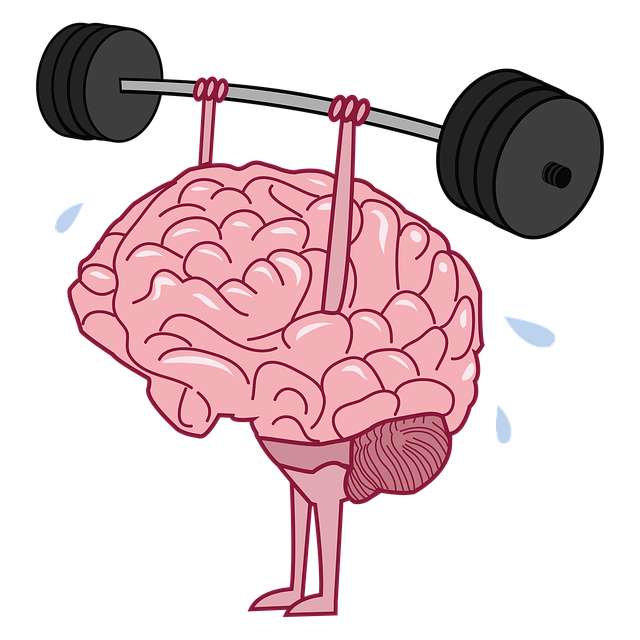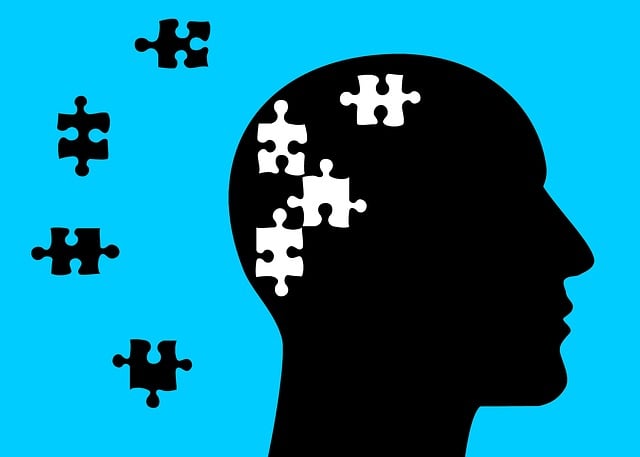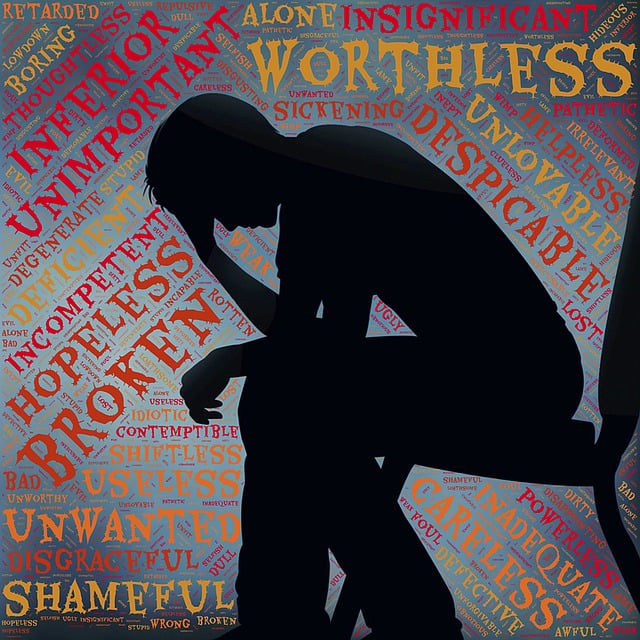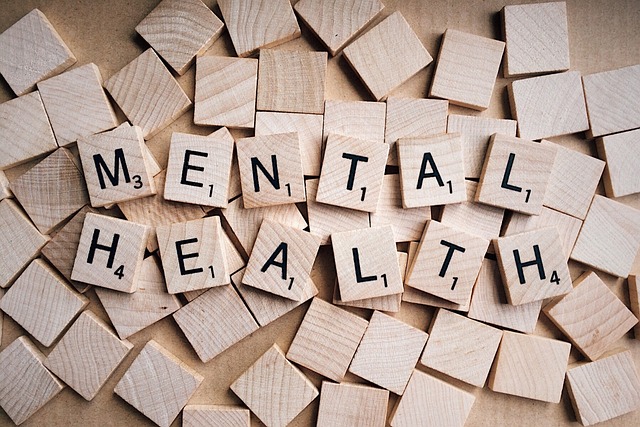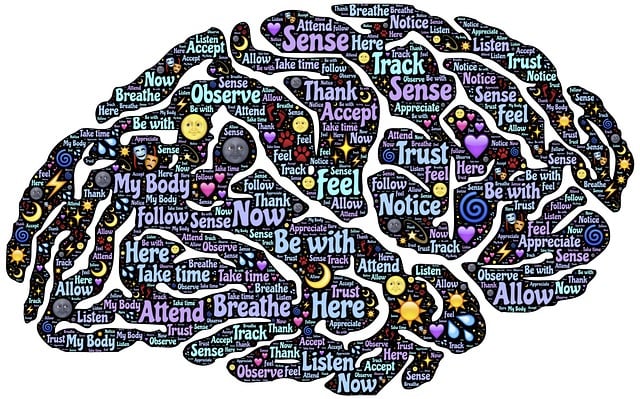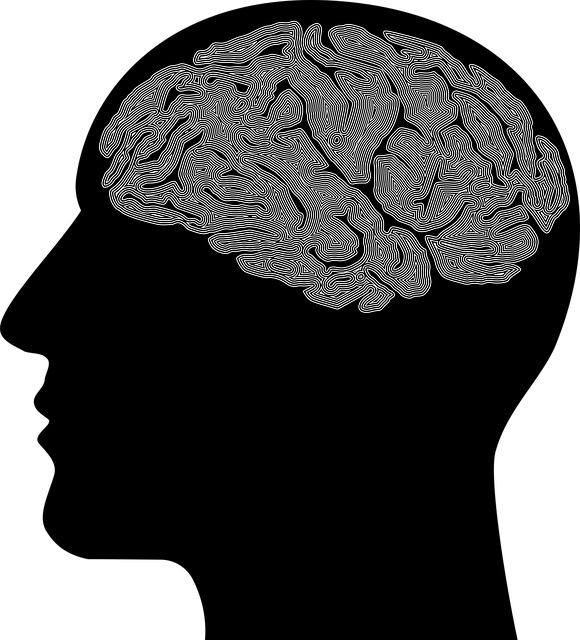Louisville's diverse communities face unique mental health challenges, particularly LGBTQ+ individuals struggling with stigma-driven mental illness due to limited access to specialized therapy like Louisville Gender Identity Therapy (LGIT). To address these gaps, community leaders must prioritize inclusivity in outreach programs, collaborating with LGIT and local LGBTQ+ organizations to develop tailored support. This involves designing programs focusing on emotional intelligence workshops, support groups, and counseling sessions, while utilizing diverse communication channels to reach all demographics effectively. Measuring success through data-driven KPIs like participant feedback and follow-up interviews ensures ongoing refinement and positive impacts within Louisville's communities.
Louisville, like many cities, holds diverse communities with unique needs, particularly regarding gender identity support. This article explores the implementation of a community outreach program specifically tailored for Louisville, addressing gaps in access to gender identity therapy. We delve into strategic alliances with local LGBTQ+ organizations and leaders, designing inclusive initiatives that resonate with Louisville’s diverse population. Effective communication strategies are discussed to ensure impactful engagement, followed by methods to measure the success and overall effectiveness of the Louisville Gender Identity Therapy Outreach Program.
- Understanding Community Needs: Identifying Gaps in Louisville for Gender Identity Support
- Building Alliances: Collaborating with Local LGBTQ+ Organizations and Leaders
- Designing the Outreach Program: Creating Inclusive Initiatives Tailored to Louisville's Diverse Communities
- Implementing Effective Communication Strategies: Reaching and Engaging Target Audiences
- Measuring Success and Impact: Evaluating the Louisville Gender Identity Therapy Outreach Program's Effectiveness
Understanding Community Needs: Identifying Gaps in Louisville for Gender Identity Support

Understanding Community Needs is a pivotal step in implementing effective outreach programs, especially in cities like Louisville where diverse populations may face unique challenges. For instance, Louisville has witnessed a growing need for comprehensive gender identity support services. The city’s LGBTQ+ community often grapples with mental illness stigma reduction efforts due to limited access to sensitive and specialized therapy options, highlighting critical gaps in the local healthcare landscape.
These gaps underscore the importance of initiatives focused on promoting mental wellness through Mind Over Matter principles. By recognizing these unmet needs, community leaders can tailor outreach programs to address specific challenges, ensuring that everyone, regardless of gender identity, has access to quality mental health care and support. This inclusive approach fosters a more harmonious and supportive environment for all Louisvillians.
Building Alliances: Collaborating with Local LGBTQ+ Organizations and Leaders

Building alliances with local LGBTQ+ organizations and leaders is a pivotal step in implementing effective community outreach programs. By partnering with established groups like Louisville Gender Identity Therapy, initiatives can gain immediate traction and credibility within the community. These collaborations enable a deeper understanding of the unique needs and challenges faced by LGBTQ+ individuals, allowing for more tailored and relevant support.
Such partnerships facilitate the development of coping skills and boost confidence among marginalized individuals while simultaneously fostering mental illness stigma reduction efforts. By combining resources and expertise, organizations can create comprehensive programs that address multiple facets of well-being, ultimately enhancing the overall health and resilience of the LGBTQ+ community in Louisville.
Designing the Outreach Program: Creating Inclusive Initiatives Tailored to Louisville's Diverse Communities

When designing community outreach programs for Louisville, it’s crucial to create initiatives that are inclusive and tailored to the city’s diverse communities. Understanding Louisville’s demographics is key. For instance, initiatives can be developed to specifically address the unique needs of LGBTQ+ individuals through programs focused on mental health awareness and gender identity therapy in Louisville. This approach ensures that services resonate with those who might face specific challenges related to their identity or background.
Emotional intelligence and burnout prevention play a vital role in these outreach programs. By incorporating workshops, support groups, and counseling sessions, the community can foster an environment of understanding and resilience. These activities not only promote mental health awareness but also equip individuals with tools to navigate potential stressors, ultimately enhancing overall well-being. Such tailored strategies ensure that Louisville’s diverse communities feel seen, heard, and supported.
Implementing Effective Communication Strategies: Reaching and Engaging Target Audiences

Implementing effective communication strategies is a cornerstone of successful community outreach programs, especially when focusing on sensitive topics like gender identity therapy in Louisville. To reach and engage target audiences, it’s essential to understand their unique needs and preferences. This may involve tailoring messages for different demographic groups, such as youth, adults, or specific communities within the city. Incorporating diverse communication channels is equally vital; this could include social media campaigns, community events, educational workshops, and partnerships with local organizations. By leveraging these strategies, Louisville Gender Identity Therapy can enhance public awareness campaigns development and foster meaningful connections.
Effective outreach goes beyond information dissemination; it’s about empowering individuals to take control of their mental health journeys. Public awareness campaigns that highlight the importance of coping skills development and self-esteem improvement can make a significant impact. Engaging content that addresses common challenges faced by the target audience, along with practical solutions, helps build trust and encourages open dialogue. Through these initiatives, communities can be better equipped to support individuals navigating gender identity concerns while fostering an inclusive environment in Louisville.
Measuring Success and Impact: Evaluating the Louisville Gender Identity Therapy Outreach Program's Effectiveness

Measuring success is an integral part of any community outreach program, and the Louisville Gender Identity Therapy (LGIT) initiative is no exception. To evaluate its effectiveness, the program employs a multi-faceted approach that goes beyond simple attendance numbers. The LGIT team tracks key performance indicators (KPIs) to understand the impact on participants’ lives. These KPIs include improvements in mental health awareness and emotional well-being promotion techniques, as well as the development of inner strength.
Through regular feedback forms, post-program surveys, and long-term follow-up interviews, LGIT gains valuable insights into the sustainability of changes. This data allows them to refine their strategies, ensuring that the outreach program continues to resonate with the community and make a lasting difference in promoting mental health awareness and empowering individuals within Louisville’s diverse population.
The implementation of the Louisville Gender Identity Therapy outreach program has highlighted the power of community collaboration. By understanding local needs, building alliances with LGBTQ+ organizations, and designing inclusive initiatives, this initiative successfully reached and engaged diverse communities in Louisville. Effective communication strategies ensured targeted audiences received crucial support for their gender identity journeys. As measured by the program’s impact, this approach has made significant strides in addressing identified gaps, fostering a more inclusive environment, and enhancing the lives of Louisville residents within the LGBTQ+ community.
